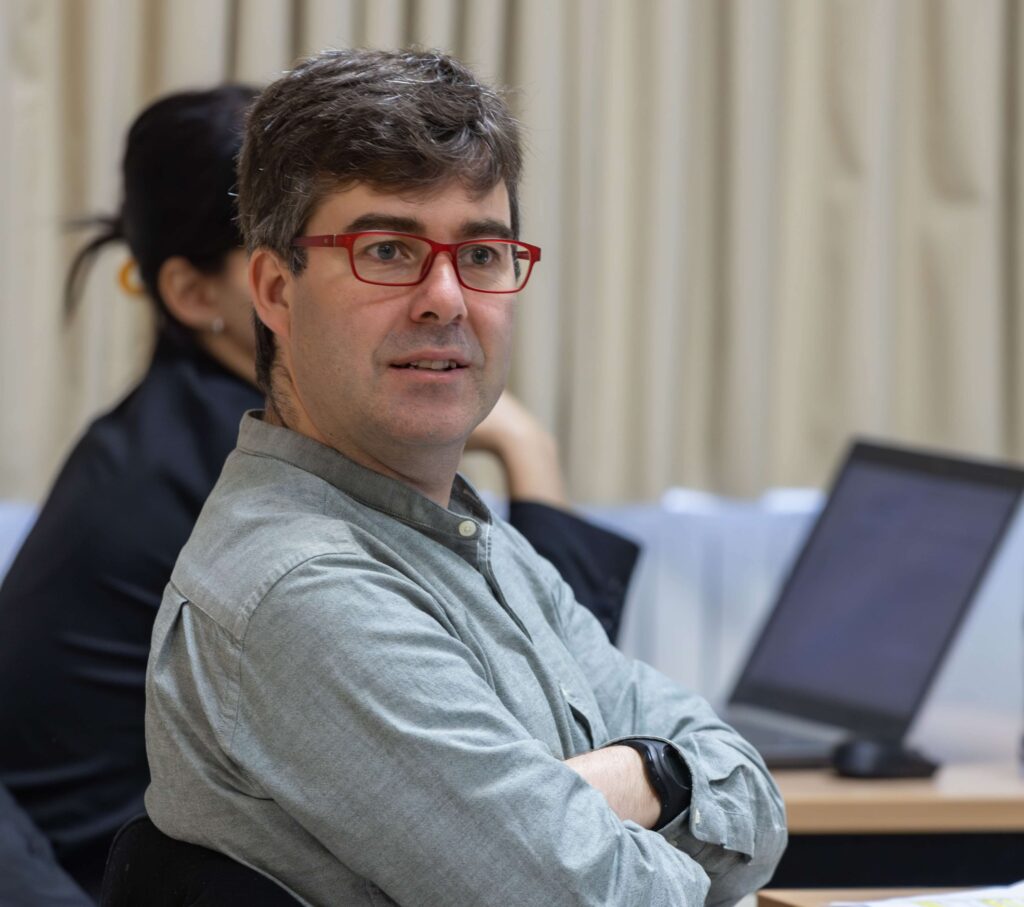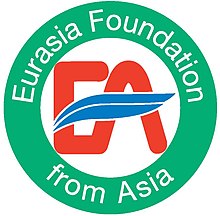
Abstract
Early Visual Representation of Ainu People by European Explorers
This lecture contextualises the early documentary films shot by Europeans featuring the Ainu by exploring how the discrimination and assimilation to Japanese culture that the Ainu suffered in Japan contrasted with the exceptional fascination for Ainu culture among the European audiences between the Meiji period and the outbreak of the Second Sino-Japanese War in 1937. This resulted not only in the proliferation of Ainu collections in European museums but also in the production of proto-ethnographic films that date back to very first cinematic sequences ever shot in Japan. However, European representations of the Ainu were not stable but changed throughout time according to a complex process of visual codification that also involved painting, engraving and photography. This session will discuss the ethnographic value of this visual material, from the “standardisation” of Ainu iconography in early moving images to the new scientific approach found in the footage shot by N.G. Munro in the first half of the 1930s, which documented the last performances of some Ainu rituals and ceremonies like the Uepotara (exorcism). How were the Ainu patterns of representation articulated? Were European moving images a faithful representation of the social reality of the Ainu? What novelties can be found in Munro’s films representations? What can we learn from them today? The goal of this lecture is casting light into these questions.
Bio note
Marcos Centeno-Martin is lecturer at the University of Valencia specialised in Film and Japanese Studies. He is Honorary Research Fellow at Birkbeck, University of London, where was the Japanese Studies Programme director. Previously, Centeno had also been lecturer for the Department of Japan and Korea at SOAS, University of London where he coordinated the MA Global Cinemas and the Transcultural. He has recently been Council on East Asian Studies grant holder at Yale University and guest lecturer at the Centre for Japanese Studies, Nanzan University. His main research interests revolve around Japanese documentary film, transculturality, memory and visual representation of the Ainu people. Transnational Cinema (2018-19) were sponsored by several British and Japanese institutions. Centeno-Martin has coordinated projects on visual representations of Ainu people, female director Haneda Sumiko and Japanese Transnational Cinema which have been funded by British, Japanese and Spanish institutions such as Sasakawa, Daiwa, Japan Foundation, Japanese Ministry of Education and Spanish Ministry of Sciences. He has delivered over fifty talks by invitation at universities in Europe, Japan, the U.S. and Latin America. Centeno is board member for the AEJE (Asociación de Estudios Japoneses en España), editorial board member for Mirai. Revista Estudios Japoneses, and was convenor for the EAJS (the European Association for Japanese Studies) Visual Arts section (2019-2023). He has been jury member for prizes such as ICAS/SEPHIS prize for the best books on Asian Studies in Spanish and Portuguese, Ivan Morris Memorial Prize on Japanese Studies (awarded by the British Association for Japanese Studies) and Cambridge Watersprite Film Fesitval.
Marcos Centeno-Martin
Lecturer, Universitat de València.



